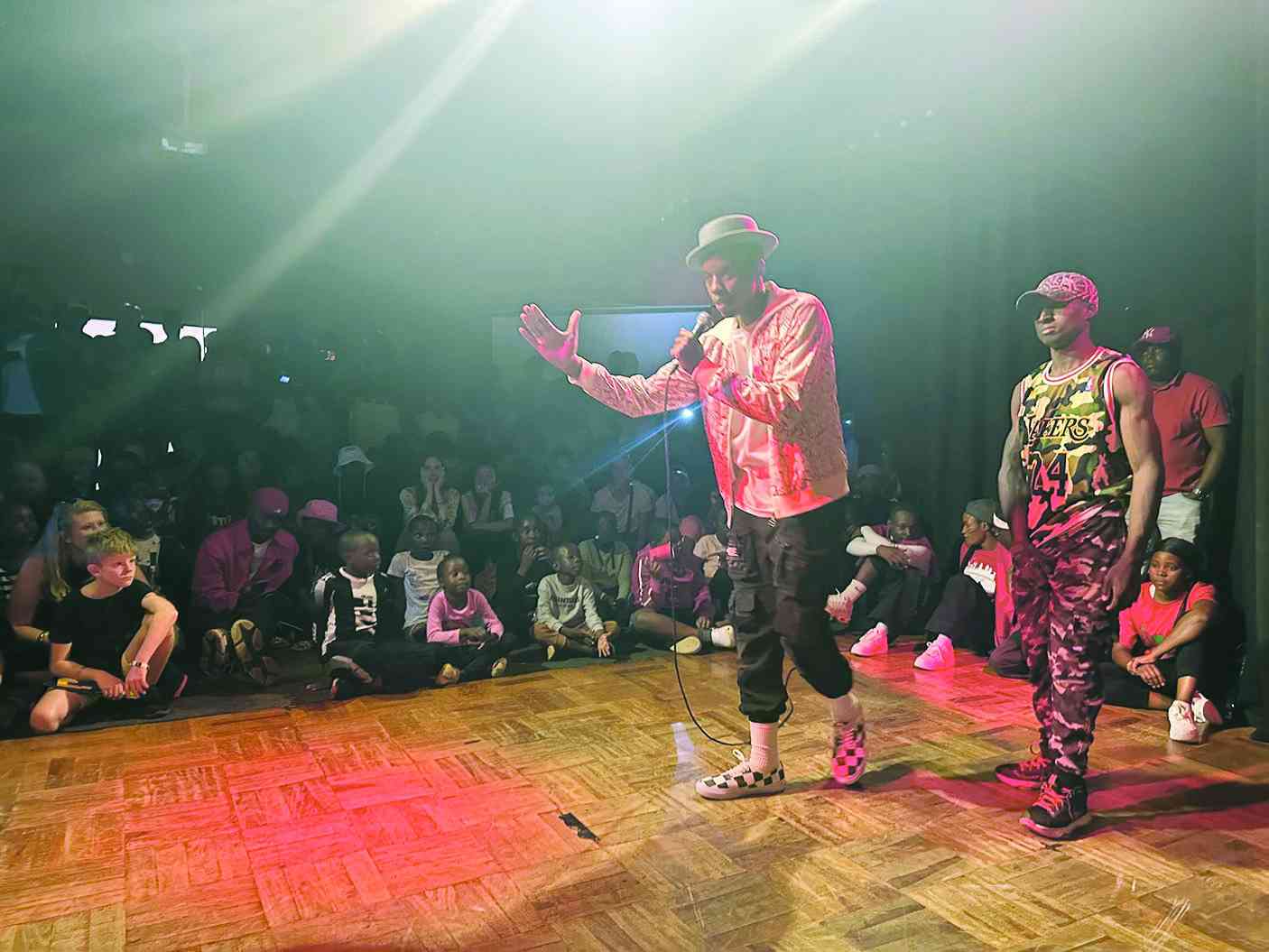
Breaking, also known as breakdancing, is set to make its Olympic debut at this year’s Olympic Games, alongside skateboarding, BMX freestyle, surfing and climbing. To celebrate this milestone, young people gathered at Alliance Francaise de Harare for an urban sports showcase themed “Urban Olympics Street Edition Harare 2024”. The showcase takes place exactly two months before the opening of the Summer Olympic Games in Paris.
The event which took place last Sunday, was attended by Laurent Chevallier, the Ambassador of France to Zimbabwe. It featured skateboard and breakdance demonstrations as well as workshops and information stands.
The breakdance session was hosted by choreographer and dancer Fungie Chana, a pioneer of the Hip-Hop dance scene in Harare with almost two decades of dance experience.
Chana told IndependentXtra that the recognition will put the country in the global spotlight.
“It is going to help us get into rooms that we could not manage to get into before it was a sport and help us to be taken more seriously than before. I pray that it helps us to get endorsement deals so that we can manage to go for global competitions,” Chana said.
Breakdancing is an energetic form of dance. According to britannica.com it was fashioned and popularized by African American and Latino communities in New York City and the Bronx in the United States during the late 1960s and early 1970s. It incorporates moves from a variety of sources, including martial arts and gymnastics and includes stylised footwork and athletic moves such as back spins or head spins.
In Zimbabwe, breakdancing and its fashion-conscious trend, characterised by baggy clothing and sneakers, was embraced by locals from both high and low-density suburbs. Its roots can be traced back to the 1980s, when break dancers where inspired by the high-energy dance moves that they saw on television and began to mimic them.
In 2007, 7 Arts Theatre in Avondale, hosted “Hip Hop Night”, which Chana described as the biggest dance competition in Zimbabwe as it made the ecosystem for hip-hop dance to come to life.
- Kuipers headlines Africa Triathlon Championships team
- All set for Nama Golf Day
- Nama set to unlock dreams
- ‘Nama submissions substandard’
Keep Reading
Organised by Alliance Francaise de Harare and clothing line Faithwear, Hip Hop Night played a key role in revitalising and rebranding the local hip-hop dance scene transforming it into an industry.
It was an opportunity for several dance groups to establish themselves including Chana’s “Inmates Dance Crew” who went on to win the “Undisputed Dance” competition held three weeks later at the same venue.
The crew whose members included John Cole, Leroy Moses and Francis Fire among others won at the first-ever Jibilika dance festival and have graced platforms such as the Harare International Festival of Arts (Hifa) where they did a session with Last for One, a dance crew from South Korea.
In 2009, they made an appearance at the National Arts Merit Awards (Nama) and have shared the stage with Pockemon Crew from France (2008).
Speaking on the sidelines of the event, Ringisai Mapondera the Chef De Mission Paris 2024 at the Zimbabwe Olympic Committee (ZOC) emphasised that the first port of call is for representatives of these new sports to get organised.
During the event, visual artist Black or White Zimbabwe from Bulawayo created a live mural drawing on the Alliance Francaise wall featuring a vibrant piece with breakdancing, skateboarding and BMX illustrations inspired by geometric patterns and bright colours, reminiscent of Ndebele hut paintings.
The five interlocking rings and the Eiffel Tower in the background symbolising the grand entry of urban sports into the Olympic Games, one of the world’s oldest continuous sports events.






